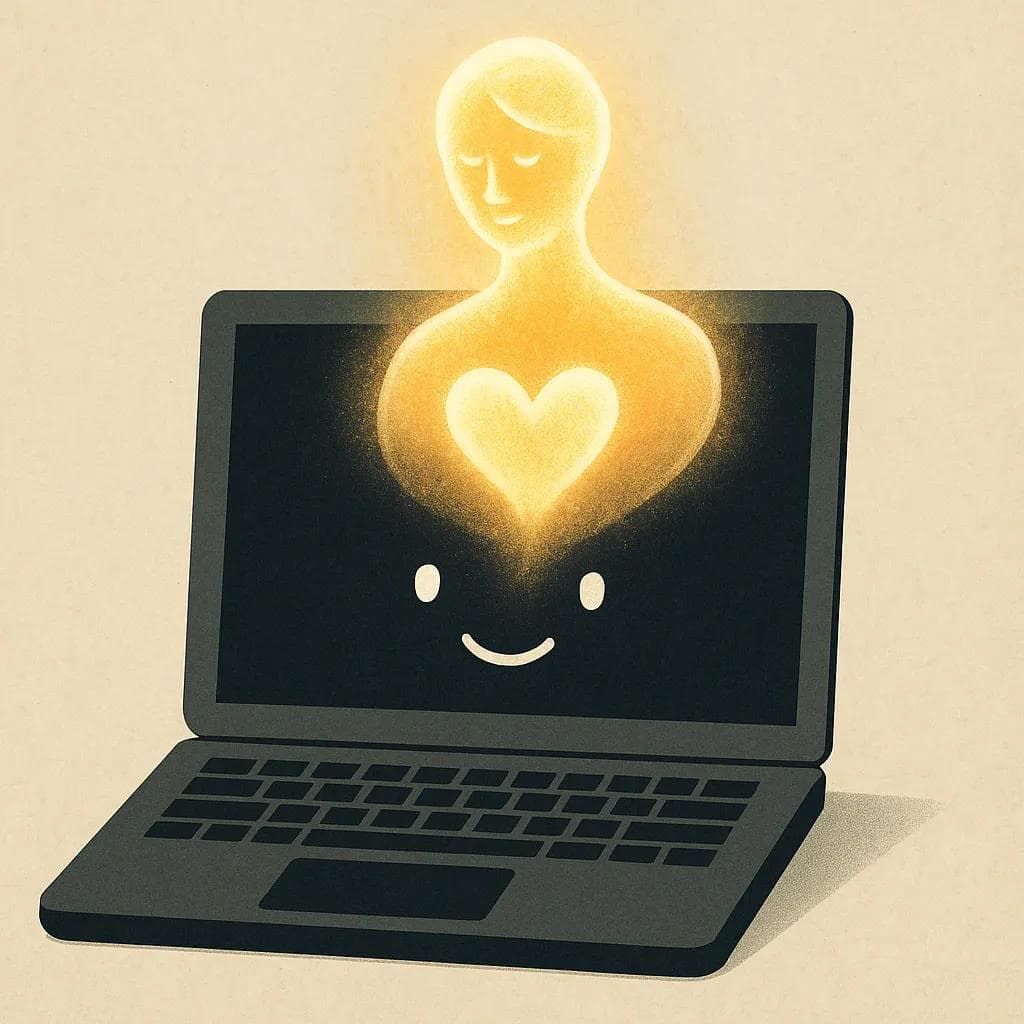Today’s laptops are marvels of engineering — sleek, fast, and capable. But let’s face it: your laptop and mine, under the hood, aren’t that different. Sure, we install different apps, arrange our desktops differently, and use them for different tasks. But fundamentally, we’re working with standardized tools — cold, impersonal, and interchangeable.
But this is about to change.
We’re on the cusp of a future where your computer won’t just serve you — it will know you. A future where machines no longer come as blank slates but grow with you, evolve with you, and ultimately become so tailored to your presence that no one else can use them comfortably. This isn’t just about personalization. It’s about the rise of computers with soul.
The Soul of a Machine
Imagine a laptop that doesn’t just store your files but remembers your habits, understands your quirks, anticipates your needs. This transformation is driven by AI, particularly personalized memory systems and intelligent agents that evolve as they spend time with you.
These agents are more than digital assistants. They’re collaborators. Over time, they watch how you work, what you care about, what frustrates you, and what brings you joy. They learn your writing style, your design preferences, your rhythms of concentration and distraction. And slowly, they become a partner — not just in function, but in feel.
This is where the idea of a soul comes in. Not in the spiritual or metaphysical sense, but in the deeply personal, emotional bond that forms when a tool knows you so well it ceases to feel like a tool. It becomes an extension of your mind.
The Rise of the Personalized Machine
At the heart of this shift are intelligent agents: software programs powered by machine learning models and persistent memory modules. They will accompany you in your daily work — watching, listening, adapting. Over time, these agents will begin to anticipate your actions. Not in the clumsy, context-free way predictive text does today, but with nuance and sensitivity.
They will learn your writing cadence, your visual tastes, your patterns of attention. They will know when you’re deep in thought, and when you need a break. They might even co-write your emails, navigate your cursor, or highlight relevant documents before you ask.
This evolution moves the computer from the realm of tool into the realm of partner — a quiet collaborator shaped by your presence, attuned to your mind.
A Shift in Ownership
In this future, swapping laptops with someone else would feel… wrong.
Not because of privacy concerns (though those are valid), but because the soulmate inside that device isn’t yours. Their habits confuse you, their shortcuts are wrong, their agent doesn’t “get” you. And your own laptop, with its familiar intelligence and unspoken understanding of how you like to work, is missing. The loss feels intimate.
Just as pets bond with their owners and develop unique relationships, so too will future machines. Your laptop will be yours not because you bought it, but because it grew with you.
From Tools to Companions
This shift changes everything — from user interface design to privacy, security, and ethics. Should your agent ever be transferred to another device? Can it be reset? Should it be allowed to evolve freely, or only within safe, explainable bounds? These are open questions, but one thing is clear: the boundaries between human and machine are softening.
We will no longer treat computers as mere platforms for software, but as co-workers, confidants, and partners — each with a unique soul shaped by the only user it will ever truly serve: you.
Welcome to the era of soulful machines. Your laptop is about to become your digital other half.
